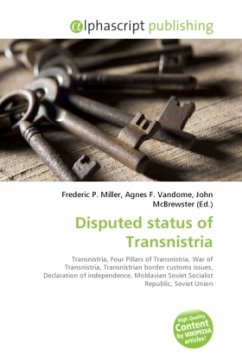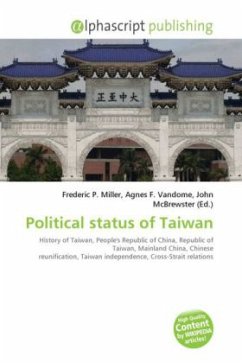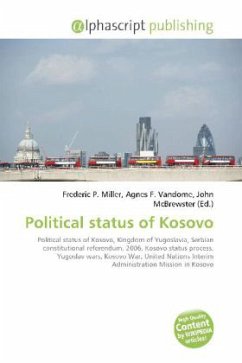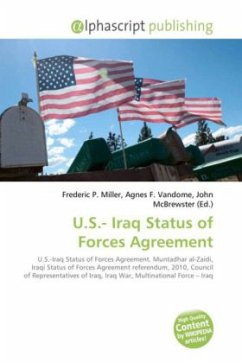The disputed status of Transnistria arose because of the Transnistrian unilateral declaration of independence on September 2, 1990 from the Moldavian SSR, while still part of the Soviet Union. This was not recognized by any country or international organizations, who consider it to be part of Moldova. Moldova lost de facto control of Transnistria in 1992, in the wake of the War of Transnistria. The breakaway PMR , that has control over the region, has not been diplomatically recognised, and is de jure considered to be part of Moldova. The two main political parties in Transnistria, the Republican Party and Renewal oppose any reapproachment with Chi in u. The Social Democratic Party headed by former local MP Alexander Radchenko is the only functioning party in the region to favor reintegration. Negotiations under OSCE auspices have been ongoing since 1997 based on the premise that better relations are desirable, and that the restrictions on communications, movement of people, and trade flows must be removed.








